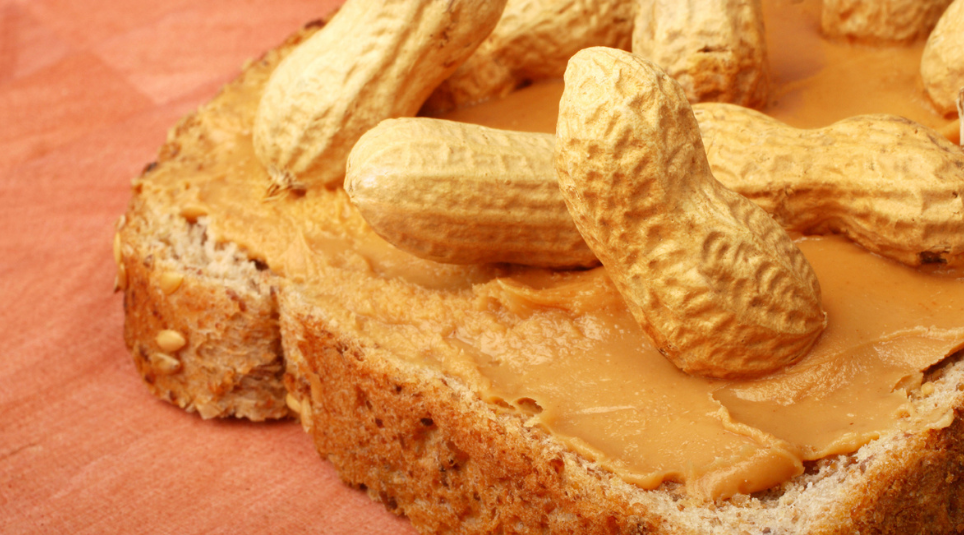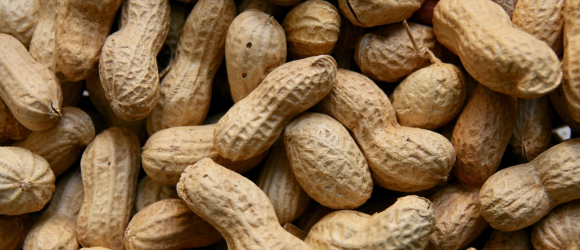
Peanut allergy
If you or a loved one has a peanut allergy, it's important to stay informed and prepared. From understanding the symptoms to learning how to avoid exposure, our factsheet offers practical advice and expert guidance.
 Urgent Allergy Advice Remains as FSA and FSS Issue Update into Mustard Ingredients Contaminated with Peanuts | Allergy UK | National Charity
Urgent Allergy Advice Remains as FSA and FSS Issue Update into Mustard Ingredients Contaminated with Peanuts | Allergy UK | National Charity
The FSA has today published a further update to its investigations into the peanut contamination in mustard ingredients announced last week. The advice to individuals with a peanut allergy has not changed – it is important to avoid consuming any foods containing mustard, mustard seeds, mustard powder, or mustard flour due to the ongoing risk of peanut contamination.
Following the FSA’s urgent allergy advisory issued on 20 September, the FSA and FSS have now traced the contamination to three suppliers in India. These suppliers provided ingredients to three UK spice companies, including FGS Ingredients Ltd, which have since distributed the affected ingredients to manufacturers, retailers, and hospitality businesses across the UK.
66 product recalls have been issued by UK businesses after testing confirmed peanut contamination in a variety of products and with this development, the FSA expects further recalls in the coming days. Consumers are advised to remain vigilant and check the FSA website regularly for allergy alerts as more affected products are identified.
The FSA is working closely with local authorities, food businesses, and relevant agencies to ensure consumer safety and swift action across the supply chain to identify and recall affected products.
Rebecca Sudworth Director of Policy FSA adds, “If you or a family member has experienced an allergic reaction linked to this issue, please report it to the business that provided the product and your local authority. Guidance on how to report food issues is available on the FSA website.”
It is important to note that the contamination affects manufactured packaged products as well as foods served in the hospitality supply chain; restaurants, take-aways and settings such as schools, hospitals, care homes etc. Mustard is an allergen which by law must be declared. Any food served in a catering setting or as a packaged product should clearly inform if there is a presence of mustard within the ingredients used.
Simone Miles, CEO Allergy UK explains “We understand the concern and anxiety this investigation is likely to cause for those living with food allergies, especially as it further limits already restricted food choices. This is a challenging and frustrating situation, but the safety of the allergic community must come first. We strongly advise anyone with a peanut allergy to follow the FSA’s advice and avoid any foods containing mustard until further notice. It is essential not to take unnecessary risks with your health. We will continue to work with the FSA to keep you informed and updated as new information becomes available.”
Please sign up for our Allergy Alerts to receive notifications about any and all future recalls and consider signing up for the FSA Alerts too.

If you or a loved one has a peanut allergy, it's important to stay informed and prepared. From understanding the symptoms to learning how to avoid exposure, our factsheet offers practical advice and expert guidance.

For those managing a mustard allergy, having reliable information is essential. Our comprehensive mustard allergy factsheet provides key insights into identifying and managing this allergen.
Anaphylaxis is a serious and potentially life-threatening allergic reaction that requires immediate attention. Our anaphylaxis and severe allergic reaction resources are vital for understanding the symptoms, triggers, and emergency treatment options.

Issued by Allergy UK 20th September 2024

Read the latest allergy alerts and updates and find Allergy UK's most recent news stories.